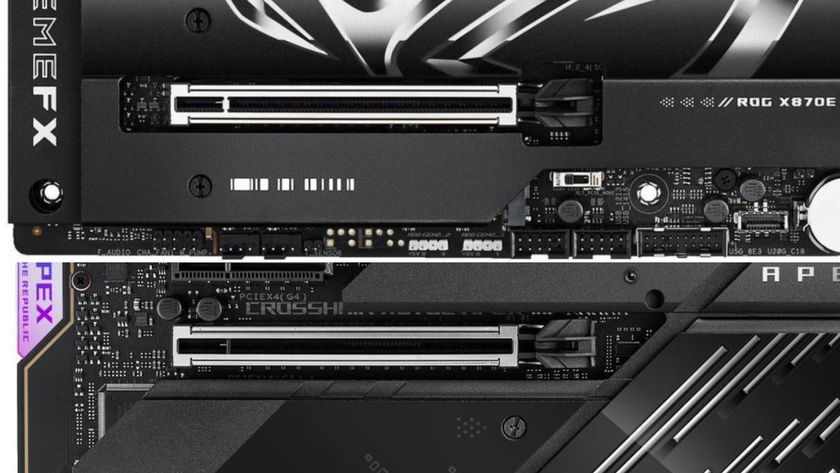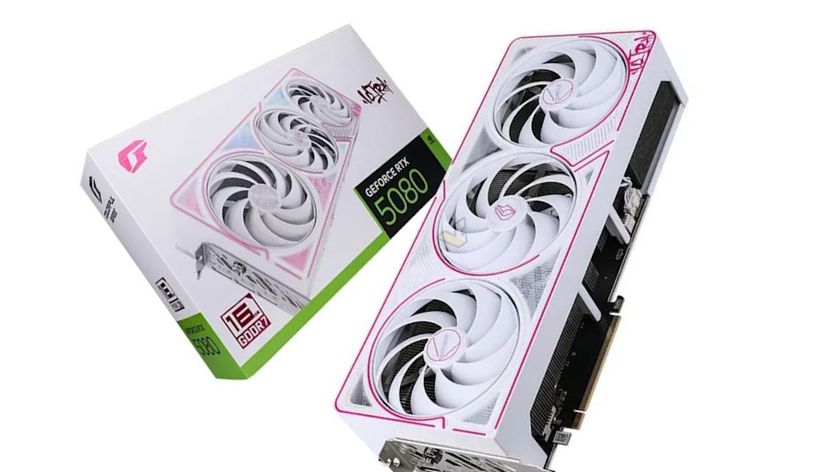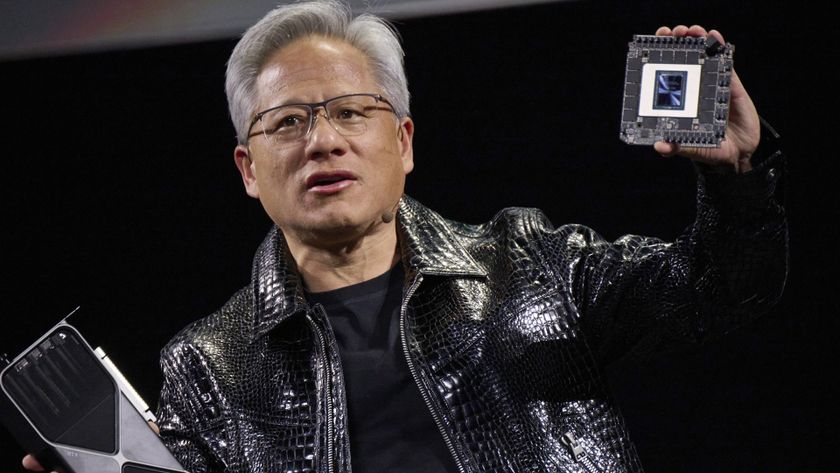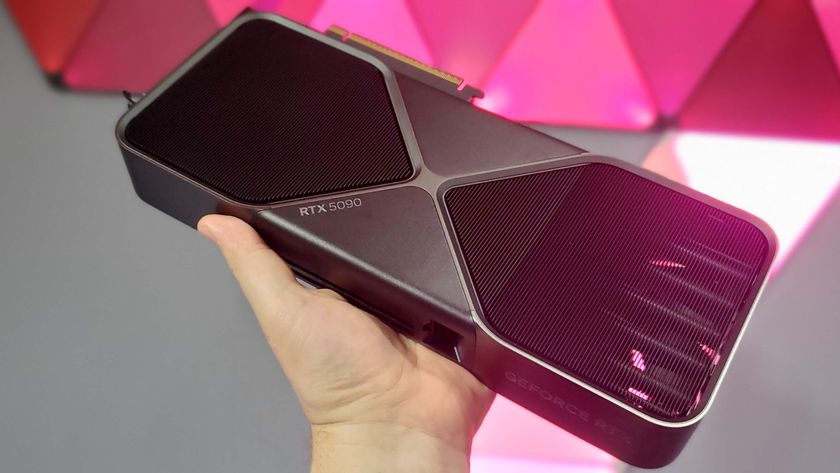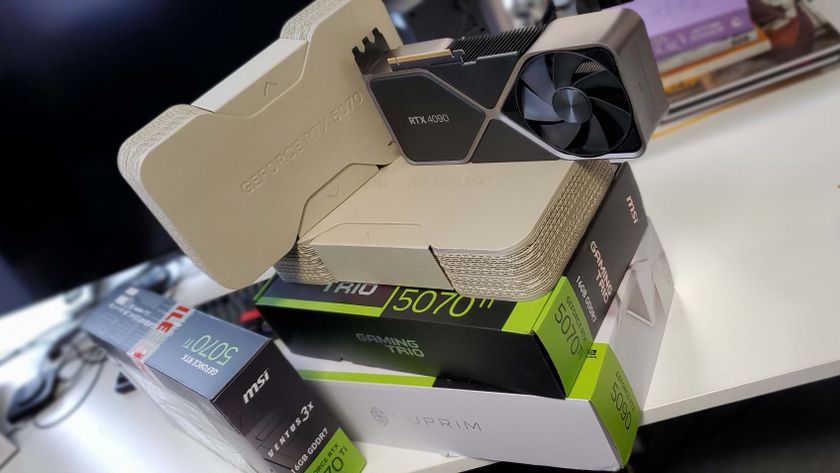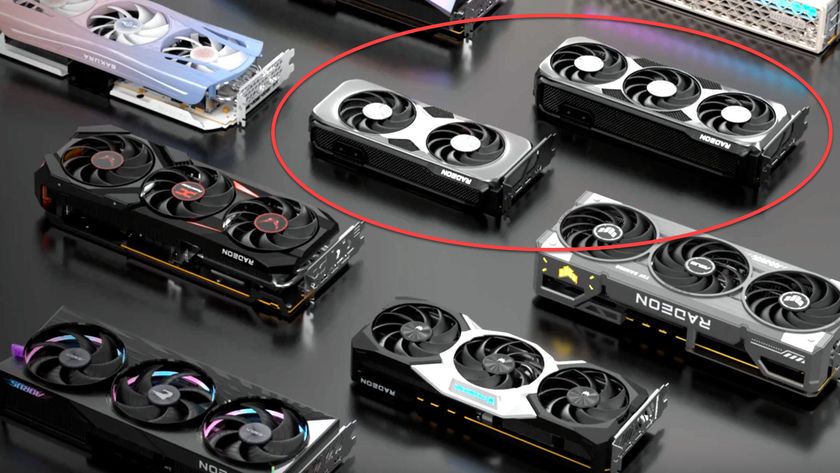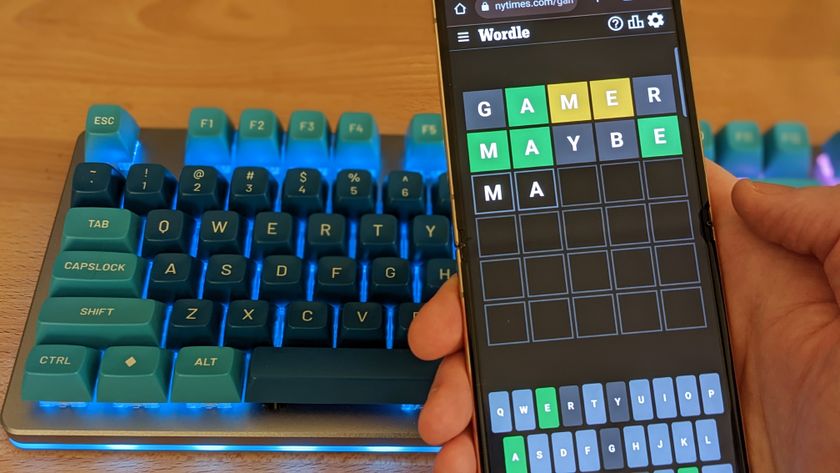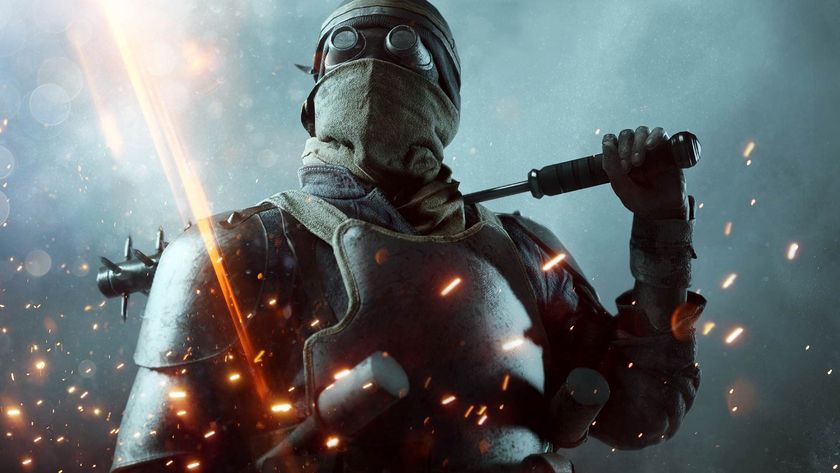Nvidia settles GTX970 false advertising lawsuit
How will you spend your 30 bucks?
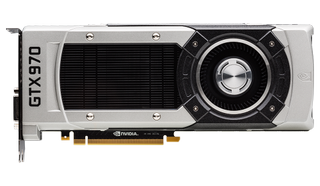
Back in early 2015, Nvidia was hit with a false advertising lawsuit over claims that the listed specs for its GTX970 video card were not accurate. Simply put, the 4GB of GDDR5 RAM the card was supposed to come with was actually 3.5GB of GDDR5 and a separate 500MB block running at a significantly slower speed. This isn't an issue for games that don't break the 3.5GB limit, but as Wes explained when the problem first came to light, it's a real problem for those that do.
The discrepancy, which Nvidia blamed on a breakdown in communications between its engineering and PR teams, actually led to multiple lawsuits, all of which, according to Top Class Actions, have now been settled. Nvidia has agreed to pay $30 to individual buyers of GTX970 cards, and also to cover $1.3 million in lawyer's fees. The total settlement amount wasn't revealed in court filings, but there will not be a cap on the total amount it pays off. The individual payment amount “was calculated to represent a portion of the cost of the storage and performance capabilities the consumers thought they were obtaining in the purchase of the product,” according to the report.
30 bucks isn't going to build you a new PC, but as my dad likes to say, it's better than a kick in the ass with a frozen boot. And let's be honest here, the GTX970 was a great card when it was new, and it remains extremely capable today. That doesn't excuse shenanigans, regardless of intent, but I have to agree with the assessment of the attorneys in the filing that this is a “fair and reasonable” settlement.
There are currently no instructions for consumers looking to claim their award, but that will no doubt be forthcoming in the fairly near future.
The biggest gaming news, reviews and hardware deals
Keep up to date with the most important stories and the best deals, as picked by the PC Gamer team.

Andy has been gaming on PCs from the very beginning, starting as a youngster with text adventures and primitive action games on a cassette-based TRS80. From there he graduated to the glory days of Sierra Online adventures and Microprose sims, ran a local BBS, learned how to build PCs, and developed a longstanding love of RPGs, immersive sims, and shooters. He began writing videogame news in 2007 for The Escapist and somehow managed to avoid getting fired until 2014, when he joined the storied ranks of PC Gamer. He covers all aspects of the industry, from new game announcements and patch notes to legal disputes, Twitch beefs, esports, and Henry Cavill. Lots of Henry Cavill.
